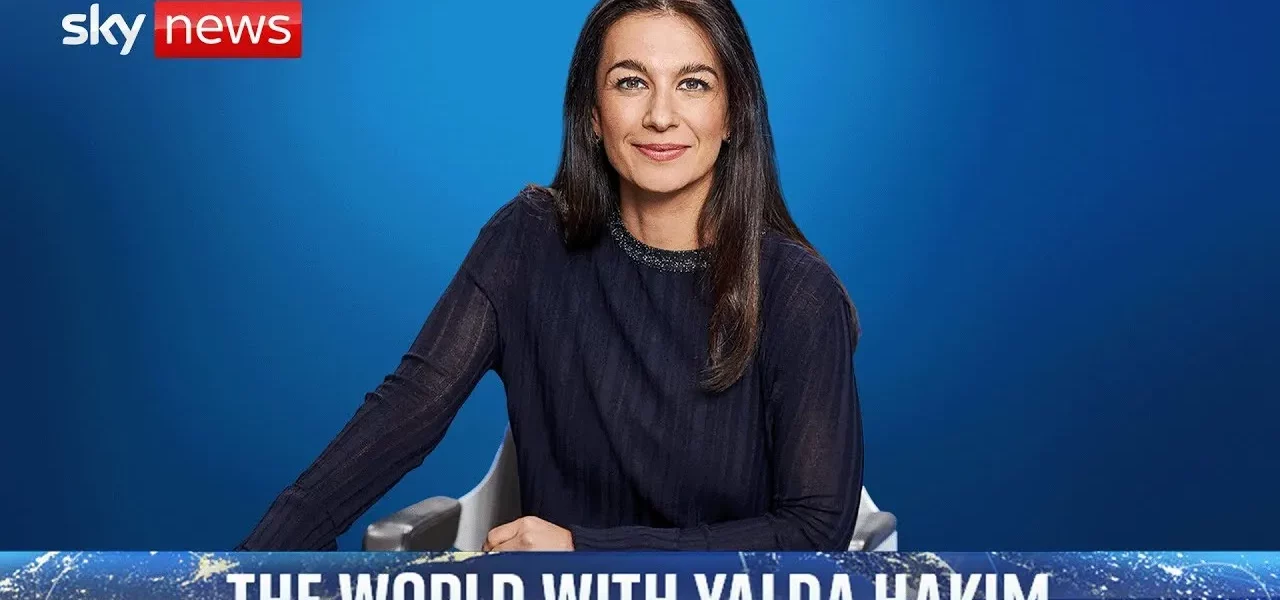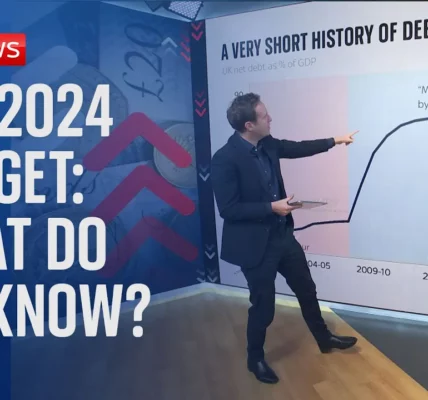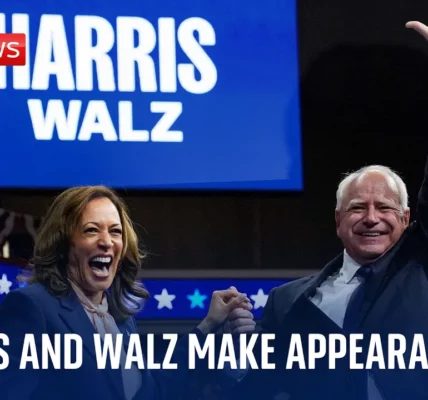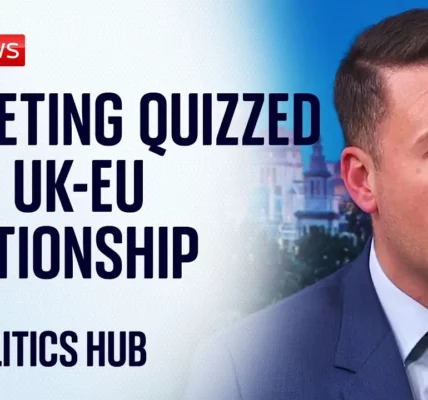Biden Faces Pressure at NATO Summit Amid Health Concerns and Trump’s Influence

As President Biden hosts a pivotal NATO Summit amidst rising health concerns and political pressures, the implications for global alliances and U.S. leadership are under scrutiny. In this article, we delve into the current political dynamics, the challenges Biden faces, and the potential ramifications of Trump’s resurgence.
Introduction
The NATO Summit held in Washington is touted as one of the most significant gatherings in three decades, yet it is overshadowed by uncertainties regarding President Biden’s health and his viability as a candidate for reelection. While Biden’s Danish counterpart, Sakia Starma, assures the public of his good health, the sentiment among those closer to the president indicates deep concerns. This article explores the political atmosphere surrounding Biden, the implications of Donald Trump’s rhetoric, and the responses from allies regarding the future of NATO and Ukraine.
The Pressure on President Biden
The pressure on President Biden has mounted significantly leading up to the NATO Summit. Following a disastrous debate, many within his inner circle, including campaign officials and congressional allies, have expressed doubts about his ability to secure a second term. Reports suggest that some Biden allies perceive his chances of winning as “zero,” leading to calls for him to withdraw from the race.
Concerns from Within the Democratic Party
Members of Congress and Democratic strategists are increasingly vocal regarding Biden’s prospects. Key points of concern include:
- His health and performance during public appearances.
- Declining approval ratings and waning support from major donors.
- The potential impact of a Biden candidacy on congressional races.
The Role of Biden’s Inner Circle
Insights into Biden’s inner circle reveal a complex mix of loyalty and concern. Key figures, including First Lady Jill Biden and his son Hunter, are reportedly engaged in crisis talks regarding his political future. Despite outward appearances of business as usual, the atmosphere is rife with anxiety about Biden’s viability as a candidate.
Donald Trump’s Shadow Over NATO
As Biden grapples with his challenges, Donald Trump looms large in the political landscape. His recent comments about NATO and Ukraine raise alarms among allies and deepen the existing political fissures. Trump’s willingness to potentially compromise NATO’s foundational principle of collective defense is a concern for many.
Trump’s Rhetoric and Its Implications
Trump has suggested allowing Russia to retain control over parts of Ukraine, a notion that contradicts the stance of NATO leaders and threatens the alliance’s cohesion. His previous criticisms of NATO and demands for increased defense spending from member states continue to resonate:
- Trump’s history of undermining NATO’s collective defense.
- The impact of his potential return to the presidency on U.S. foreign policy.
- Diplomatic concerns regarding European allies’ trust in U.S. leadership.
Reactions from NATO Allies
Leaders from various NATO countries are reportedly anxious about what a second Trump presidency might entail, raising questions about America’s commitment to global security:
- How would Trump’s policies reshape NATO’s strategic priorities?
- What would be the implications for Ukraine’s defense?
- Can NATO maintain unity in the face of differing U.S. administrations?
The Future of NATO and Ukraine
As the NATO Summit progresses, the commitment to Ukraine remains a central focus. The alliance’s resolve in supporting Ukraine against Russian aggression is crucial, especially under the shadow of political uncertainty in the U.S.
NATO’s Military Support for Ukraine
Recent commitments from NATO members include:
- 40 billion euros in military aid pledged within the next year.
- Long-range cruise missiles and advanced air defense systems to bolster Ukraine’s defenses.
- Commitments from individual nations, including Denmark and Norway, to supply fighter jets and additional military resources.
The Need for Unified Action
European leaders emphasize the necessity of a unified front in supporting Ukraine, regardless of the political climate in the U.S. They recognize that the outcome of the conflict in Ukraine will have lasting implications for European security and the NATO alliance.
Conclusion
The ongoing NATO Summit highlights the precarious position of President Biden as he faces mounting pressures regarding his health and reelection prospects, all while Donald Trump’s influence casts a long shadow over the alliance. As allies rally to support Ukraine, the need for cohesive action and robust leadership is more critical than ever. Moving forward, it will be essential for Biden to navigate these challenges effectively to reinforce both his presidency and the future of NATO. We encourage readers to stay informed about these developments and engage in discussions about the implications for global stability.
“`




